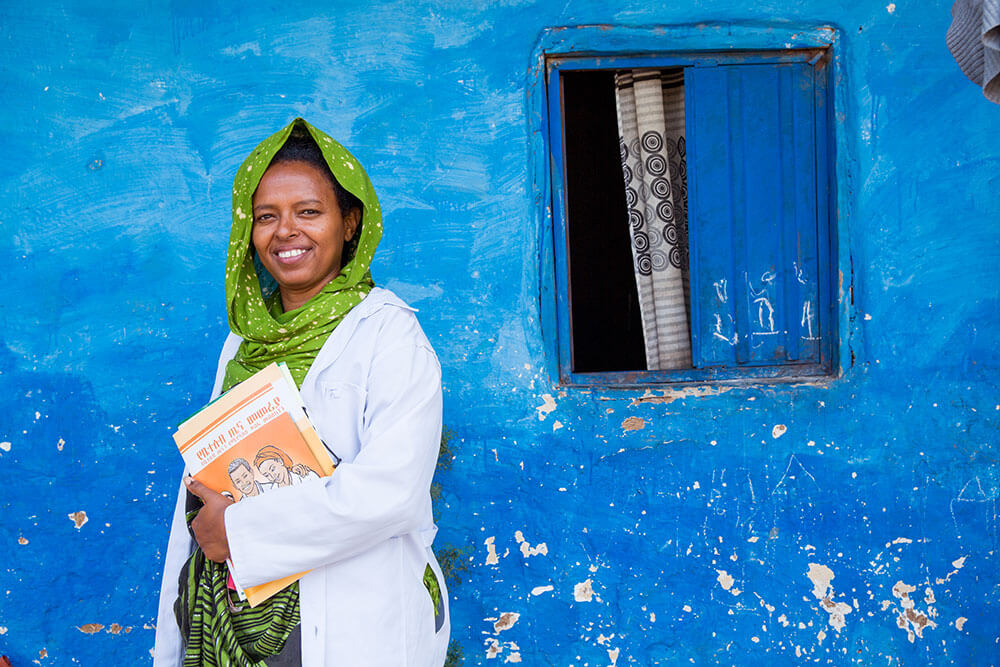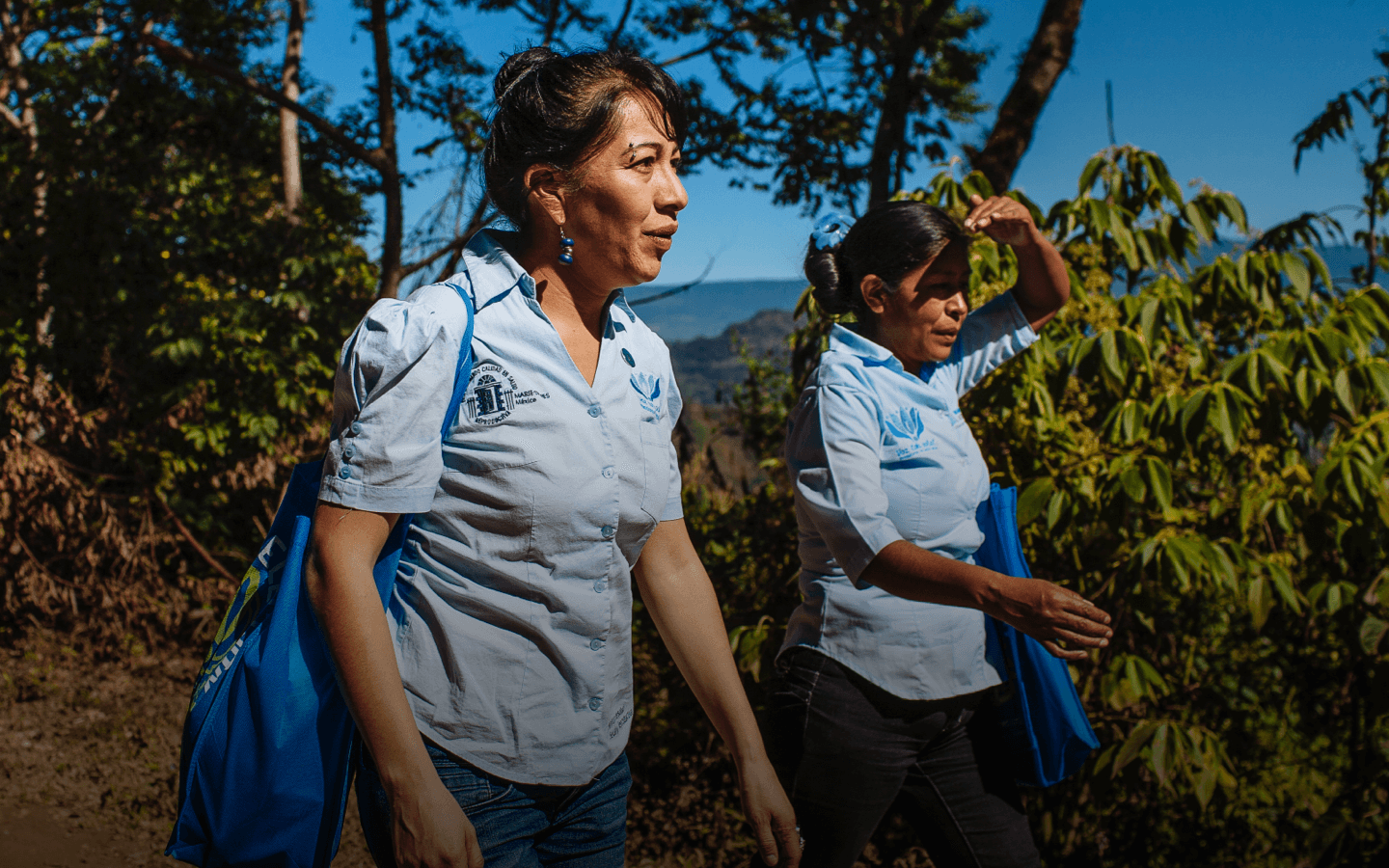Words matter
Why we must demand accuracy and combat anti-abortion language.
The battle for reproductive rights in the United States and elsewhere is being fought on uneven ground because of misleading anti-abortion language.
The anti-choice movement is playing a game of disinformation, using emotive language that eschews the reality of modern, safe abortion to manipulate people into support. And they’re winning.

How American politicians use misleading anti-abortion language
A year ago, Texas passed a ban on abortions after six weeks, which they called a “heartbeat bill.” But that name is disingenuous. At six weeks gestation, an embryo does not have a developed heart and no heartbeat. That’s the medical fact, and anti-choice activists know it. They’re making a calculated effort to rally support among even those who think of themselves as pro-choice.

When Donald Trump told people at a Wisconsin rally that mothers and doctors were executing babies after they were born, he knew it was a lie. He was attempting to stir up emotions by using the very tragic and rare instance of a baby born with a fatal condition, and given palliative care, rather than fruitless and painful medical interventions. He left the medical facts out of his story and the audience was horrified. They left the rally with a fortified objection to unrestricted access to abortion.
These lies are picked up by mainstream media and repeated, giving them credence. The inaccurate understanding of the facts around abortion today contributes to the institution of policies that restrict communication by abortion service providers on supposedly objective platforms like Facebook, Google and Twitter. Those policies keep accurate medical information from the women who seek it. All of this leads to support for anti-choice candidates and laws, stripping women of their bodily autonomy.
The deadly consequences of anti-abortion policies
When women don’t have the right to control their own bodies, it creates inequality, but the consequences reach farther than that. Restrictive laws and the stigma they generate leave women isolated—and may drive them to dangerous unsafe abortions.
Years of research shows that when abortion is restricted, the abortion rate does not decrease. Rather, restrictive laws push women, especially poor and minority women, to unsafe methods, with sometimes deadly consequences.

Fortunately, the reverse is also true: When restrictive laws are reversed and evidence-based information is available, the rate of unsafe abortion goes down, saving lives. We saw it in countries like Ethiopia and Nepal after they liberalized their abortion laws and saw corresponding declines in unsafe abortion.
What you can do to combat anti-abortion misinformation
So, how can those who support the right to choose, combat the pernicious spread of disinformation and lies?
The fight begins with knowing the facts around abortion, and a constant insistence on truth. To steal a line from the anti-terrorism campaign, “If you see something, say something.” Not everyone has access to politicians, journalists and newscasters, but we all have social media accounts where we can refute the disinformation shared by friends and connections.
For too long, the stigma around abortion has kept pro-choice supporters silent. It’s time to speak up. Fear of judgment and retribution keep many women from publicly declaring their support. Abortion is common. One in four pregnancies in America end in abortion. That means that everyone knows someone, probably many someones who have chosen to end a pregnancy.
By coming out of the shadows and declaring our support, we can change how the media reports on abortion laws. We can change the rules at Facebook, Google and Twitter so that women can access medically accurate information.
And that’s the point. In this swirl of disinformation, there are women whose lives are at stake who need us all to take action.






